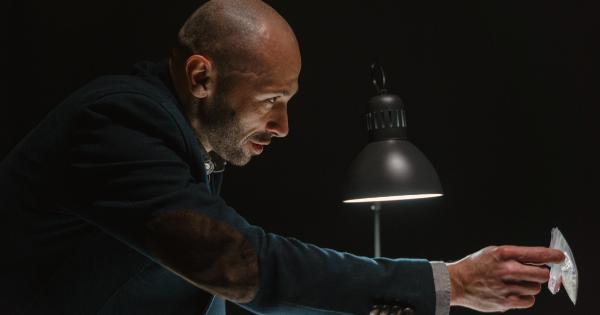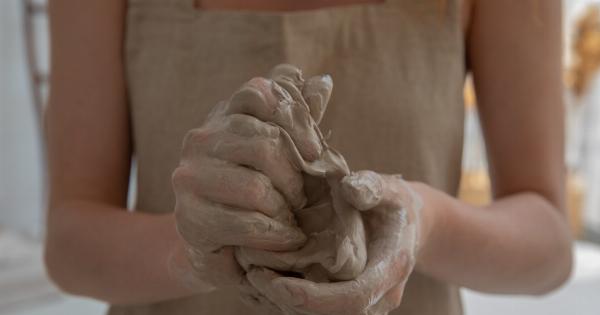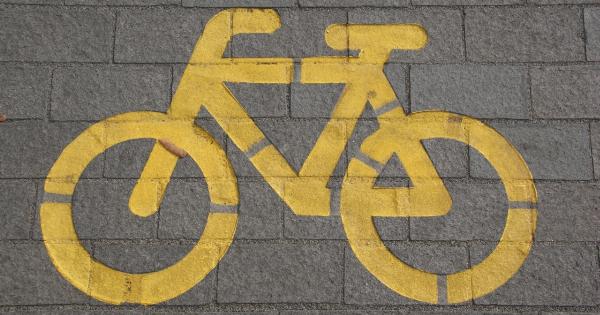Death is a certainty in life, but not every cause can be determined easily. Sometimes, the cause is mysteriously unclear and requires further investigation.
In such cases, it is essential to approach the coroner, who is an expert in determining the cause of death. Whether it is a natural death, accident, or homicide, the coroner is a vital part of the process. But, have you checked with the coroner? Let’s explore more about what a coroner does and how they can help.
Who is a coroner?
A coroner is a licensed medical professional who is responsible for investigating the circumstances surrounding a person’s death. The role of the coroner is to determine the cause and manner of death.
The coroner’s duties may vary depending on the state or country they are in, but the primary responsibility of the coroner is to establish the facts about how a person died and, in some cases, to conduct an autopsy to determine the cause of death.
What does a coroner do?
A coroner is responsible for performing investigations into all the sudden or unexplained deaths that occur within their jurisdiction. Here are some of the tasks that a coroner is responsible for:.
1. Investigating the circumstances surrounding the death
Coroners typically investigate the circumstances surrounding the death. They may interview witnesses, analyze medical records, and gather other relevant information to help them understand what happened.
2. Determining the cause of death
Coroners are experts in determining the cause of death. They use their expertise to determine what factors led to a person’s passing. In some cases, a coroner may need to conduct an autopsy to establish the cause of death.
3. Preparing reports
After conducting investigations, the coroner is responsible for preparing a report that outlines the findings of the investigation. The report may include the cause and manner of death, as well as any other relevant information.
4. Working with law enforcement
Coroners often work closely with law enforcement agencies when investigating sudden or unexplained deaths. They may collaborate with detectives and other officials to gather evidence and establish the facts surrounding a death.
In some cases, the coroner may have to testify in court to present their findings.
Why is it important to check with the coroner?
If you are involved in a situation in which someone has died, it is essential to approach the coroner.
This is because a coroner can help establish the cause of death and provide vital information to help resolve any criminal or civil proceedings that may arise as a result of the death.
Additionally, in some cases, the coroner’s findings may differ from those of the treating physician.
In these situations, the coroner’s report is often given more weight because they have access to all relevant information and are experts in determining the cause of death. Therefore, it is always a good idea to check with the coroner, even if the initial cause of death seems obvious.
How do you contact the coroner?
The primary function of the coroner’s office is to investigate death. So in most jurisdictions, they are available 24/7.
If you need to contact the coroner’s office, you can usually find contact information online or in the local phone directory. The coroner’s office will provide you with the necessary information on how to proceed depending on the circumstances surrounding the death.
Conclusion
When someone dies under suspicious or unexplained circumstances, it is essential to approach the coroner, who will conduct an investigation and provide an expert view on the cause and manner of death.
The coroner’s report can also provide critical evidence in legal proceedings related to the death. Therefore, it is essential to ask, have you checked with the coroner?.






























